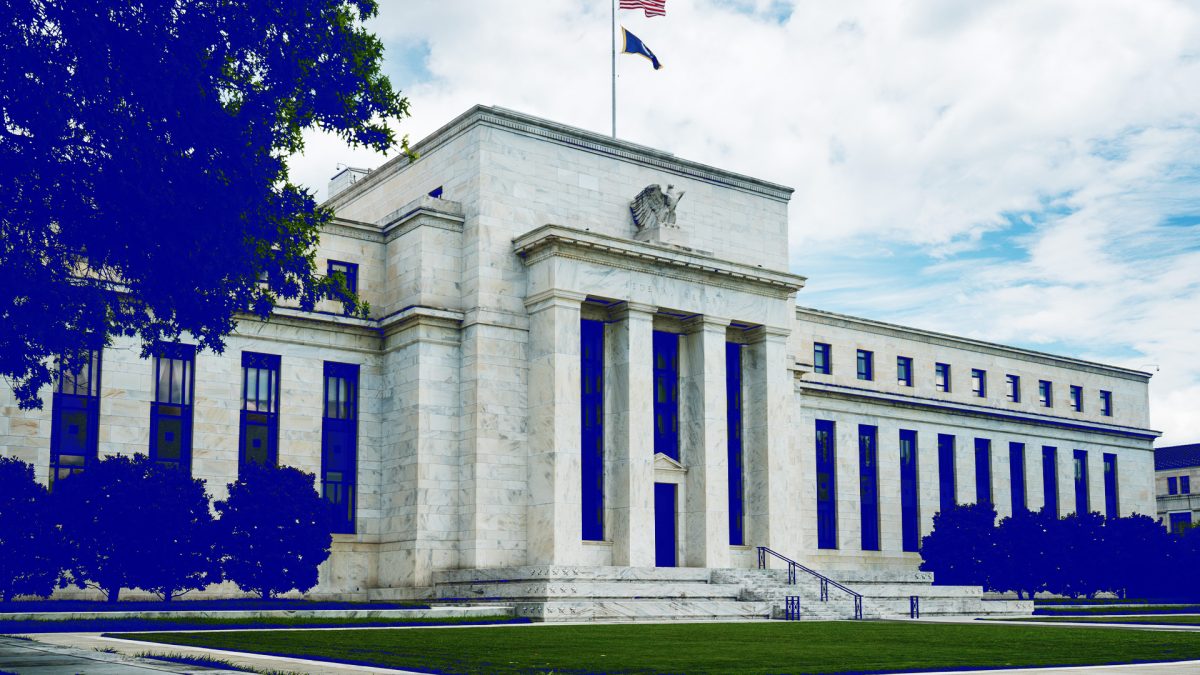Federal Reserve Gov. Michael Barr warns of gaps in recently passed GENIUS stablecoin law
Quick Take The GENIUS stablecoin law exposes the risk of providing incentives for “regulatory arbitrage,” said Federal Reserve Governor Michael Barr. Stablecoins have both risks and benefits, Barr said Thursday in his prepared remarks.

A new law that establishes a federal regulator framework for stablecoins is a meaningful improvement, but has some gaps that need to be filled, said Federal Reserve Governor Michael Barr.
The law signed by President Donald Trump over the summer called the Guiding and Establishing Innovation for U.S. Stablecoins Act, or GENIUS, as it's aptly called, helps alleviate the risks of runs, Barr said.
However, it's up to the federal banking agencies and states to work together on a set of rules to fill significant gaps to protect users and decrease risks to the financial system, Barr said during prepared remarks on Thursday at DC Fintech Week.
The GENIUS law exposes the risk of providing incentives for "regulatory arbitrage," Barr said.
"In fact, issuers may argue that they are permitted under the act to perform the full range of activities conducted by FTX, provided they make the relevant representations and conduct appropriate accounting," Barr said. "Unless state and federal agencies carefully coordinate, this could result in some state or federal regulators permitting a range of activities that might expose stablecoin issuers to increased risk."
The law also leaves some gaps in products that are referred to as stablecoins, but are not covered under GENIUS, he added.
"This risks creating confusion and could result in consumers relying on payment instruments that they believe are regulated, but for which there are no prudential protections of any kind," Barr said.
GENIUS requires stablecoins to be fully backed by U.S. dollars or similarly liquid assets, mandate annual audits for issuers with a market capitalization of more than $50 billion, and establish guidelines for foreign issuance. Key agencies are now working on implementing the law.
Stablecoins have both risks and benefits, Barr said in his prepared remarks. They can decrease the costs of remittances and accelerate global trade, but he warned that stablecoins need to be reliable.
"Stablecoins will only be stable if they can be reliably and promptly redeemed at par in a range of conditions, including during stress in the market that can put pressure on the value of even otherwise liquid government debt, and during episodes of strain on the individual issuer or its related entities," Barr said.
Ahead of GENIUS passing, Barr pushed for stablecoins to be regulated and said that the central bank "has a strong interest in ensuring that any stablecoin offerings operate within an appropriate federal prudential oversight framework."
Barr was previously tapped by former President Joe Biden to be the Fed's vice chair for supervision. He has since left that position while staying on as Fed governor.
Disclaimer: The content of this article solely reflects the author's opinion and does not represent the platform in any capacity. This article is not intended to serve as a reference for making investment decisions.
You may also like
Ether retail longs metric hits 94%, but optimism could be a classic bull trap
Bitcoin options markets highlight mounting fears as traders brace for more pain
$15 Billion Changes Hands: How Was the So-Called Decentralized BTC "Seized" by the US Government?
With the transfer of 127,271 BTC, the United States has become the world's largest sovereign holder of bitcoin.

